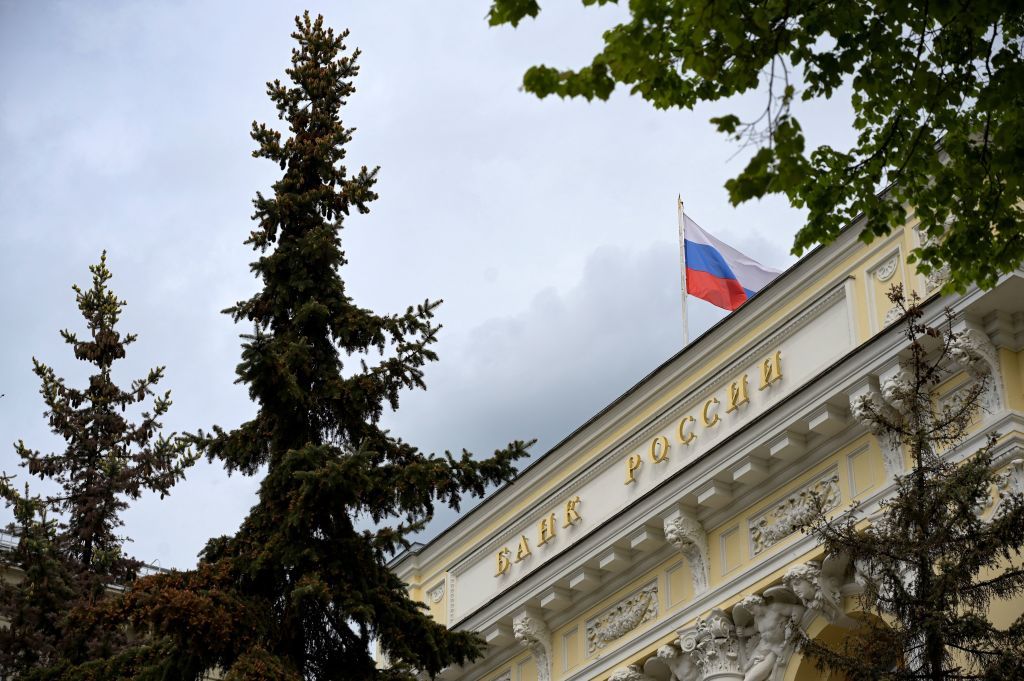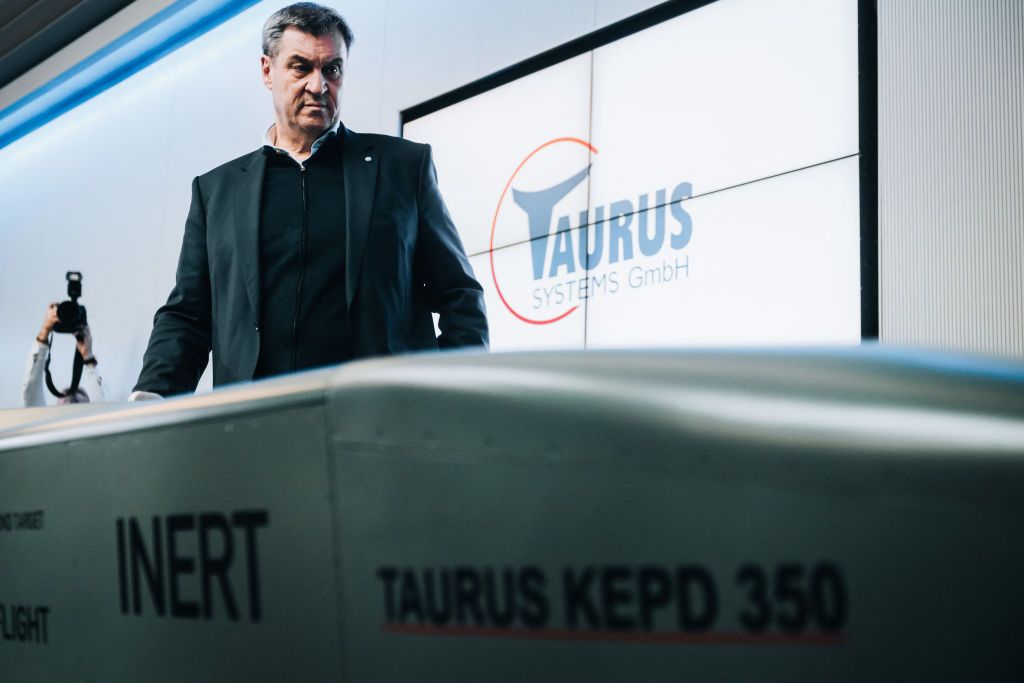The Counteroffensive: Sleep deprivation is Russia's silent torture weapon

A girl drinks from a bottle as she stands in an underground metro station used as a bomb shelter amid Russia's war against Ukraine in Kyiv, Ukraine, on March 2, 2022. (Aris Messinis/STF/AFP via Getty Images)

Tim Mak
Editor’s Note: This article was published by the twice-weekly newsletter “The Counteroffensive with Tim Mak” on April 11, 2024, and has been re-published by the Kyiv Independent with permission. To subscribe to "The Counteroffensive," click here.

On more than one occasion, I've gotten under the covers utterly exhausted from a day spent working, ready – begging, really – for a good night's rest. And as I begin to drift off to sleep, the air raid alarm goes off, indicating another potential Russian attack.
The best way I could explain it for anyone who has never been to wartime Ukraine is to imagine the sudden, lacerating feeling when the first sharp note of your iPhone's morning alarm sounds – multiplied by 10 and often in the dead of night.
It's startling and anxiety-inducing, and, even when it ends, your mind still races, unable to find the cusp of slumber that you had been so close to right before.
The seemingly random timing of the Russian military's middle-of-the night attacks does damage not only to the missiles' immediate targets.
Over two years of Russian attacks have caused harm to the health and psyche of millions of Ukrainians - wounds undetectable to the naked eye.
There has been a surge in Ukrainians suffering from sleep-related problems due to the war, according to Dr. Yevhen Poyarkov, the head of the Ukrainian medical network Dobrobut's sleep center.
"After the onset of the full-scale invasion, the prevalence of sleep problems among the population rose significantly," Poyarkov told The Counteroffensive. “(Russian attacks have) resulted in a widespread decline in well-being due to insufficient sleep.”
Before the full-scale war, most patients sought Poyarkov's help for sleep cycle disorders – working night shifts, sleep apnea, and the like. There is now a surge of patients with anxiety-related disorders, which he said is an effect of the incessant missile attacks that plague Ukrainian cities.
Poyarkov began to list off the damage that these frequent alarms do to innocent civilians. In the short term, people suffer from fatigue, anxiety, irritability, and reduced concentration, attention span, and memory.
The air raid alarms do two things that disrupt natural sleep: They wake people up in the middle of the night, disrupting the sleep cycle, and they create persistent anxiety, making it hard to fully relax into slumber.
The body keeps the score. Over the long term, these alarms dig into the body's critical systems, creating heart, brain, and digestive problems.
“Sleeplessness befogs the reason, undermines the will, and the human being ceases to be himself, to be his own ‘I,’” writer Aleksandr Solzhenitsyn wrote in "The Gulag Archipelago," listing it as one of more than 30 methods that the Soviet Union used to break prisoners down.
Some legal scholars view sleep deprivation as an illegal form of punishment.
“Sleep deprivation is a method of torture,” wrote international law expert Ergün Cakal wrote in the "Torture Journal." “It becomes so when prolonged or inflicted in combination with other methods (e.g. threats) and conditions (e.g. disruptive environment or time of day).”


The sleepless nights caused by Russian attacks are reminiscent of those experienced in earlier generations. When Nazi German bombers would strike British cities on a nightly basis during World War II, getting enough sleep became a top concern for civilians. Thousands would leave their homes before sunset, moving to the city's periphery to get a good night's rest – a process that was known as "trekking."
Neither I nor my colleague Myroslava Tanska-Vikulova, a reporter for The Counteroffensive, ever had trouble falling asleep before the full-scale invasion. Recently, we've both been talking about how we stay up for hours, dead tired, but unable to cross the threshold.
I'll lay there, eyes closed, trying to find salvation by listening to some monotonous history podcast. Myroslava has a different evening routine.
"Every night before I go to bed, I watch the Telegram alert channels," Myroslava told me. "They usually tell me if there is a threat of missile attacks that night. Usually, a few hours before a missile attack, the radar shows the Russians getting their planes in the air… Then we prepare in the evening for the fact that we have to get up at night."
Myroslava’s housing complex was bombed recently – adding more stress and apprehensiveness about whether there might be a repeat incident.
“I want to sleep, but I feel uncomfortable, hot or cold, and sometimes I can't fall asleep for hours,” she said.
The sporadic pattern of air raid alarms has become an unwelcome and discomforting ritual – a trumpeting that sounds both outside, and often, on our phones as well.
“We usually lay down in the hallway, a room protected by two walls. We put down yoga mats, some blankets and sleeping bags to keep warm and make it a little softer,” she explains.
“When the explosions start, you just lie there and listen and hope that the air defense system will shoot everything down and that you won't get any debris in your apartment.”
When I started The Counteroffensive one year ago, I was coming off a restful cycle of healthy sleep – full of energy and creativity. Earlier this week, a friend who hasn’t seen me in a year remarked that, in comparison to then, I look spent, exhausted, and without vigor. I can’t say I disagree.
Of course, it could be worse. Myroslava and I are sharing these experiences not to argue that we are uniquely suffering in the world, but to point out the cumulative invisible injuries that are coming about from more than two years of air raids.
Myroslava repeats a maxim that’s become routine in post-invasion Ukraine, one that reflects the much greater sacrifices that others are making.
“It's a sin for me to complain,” she said. “Because the sleeping conditions of Ukrainian soldiers in the trenches are terrible.”
Editor’s Note: The opinions expressed in the op-ed section are those of the authors and do not purport to reflect the views of the Kyiv Independent.













